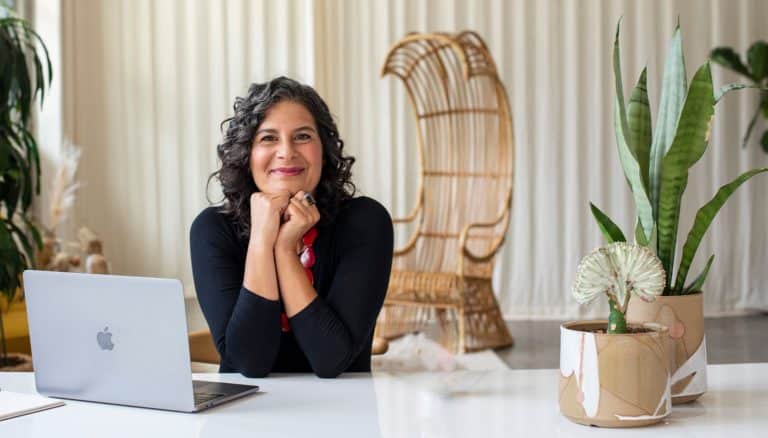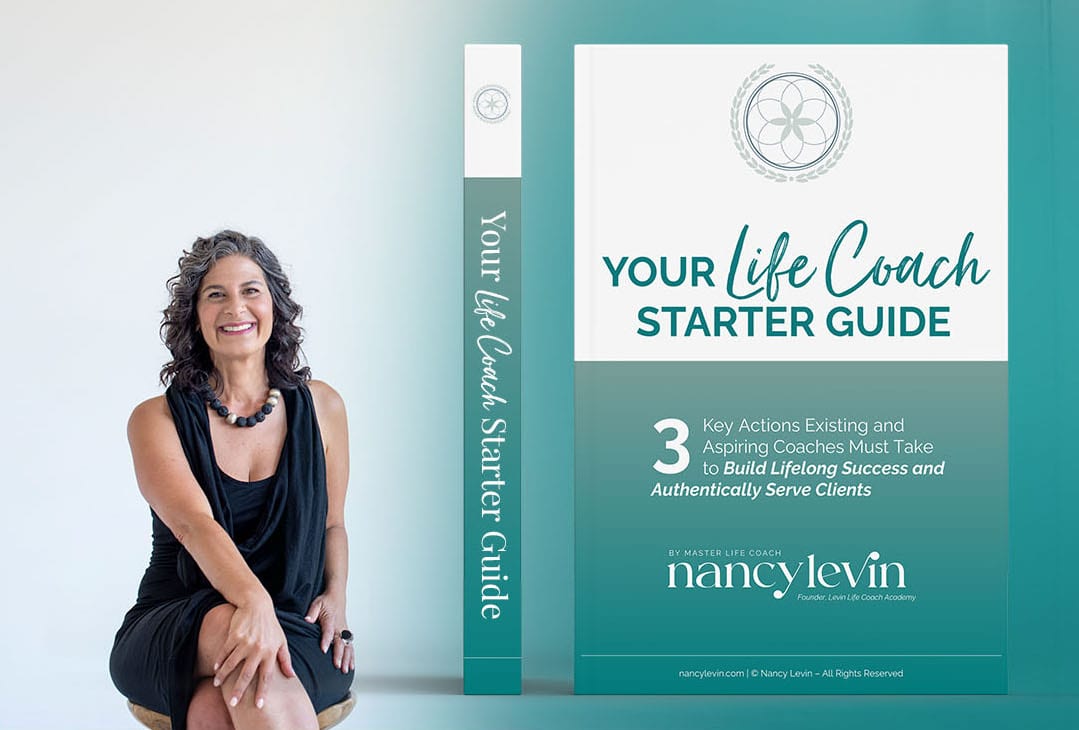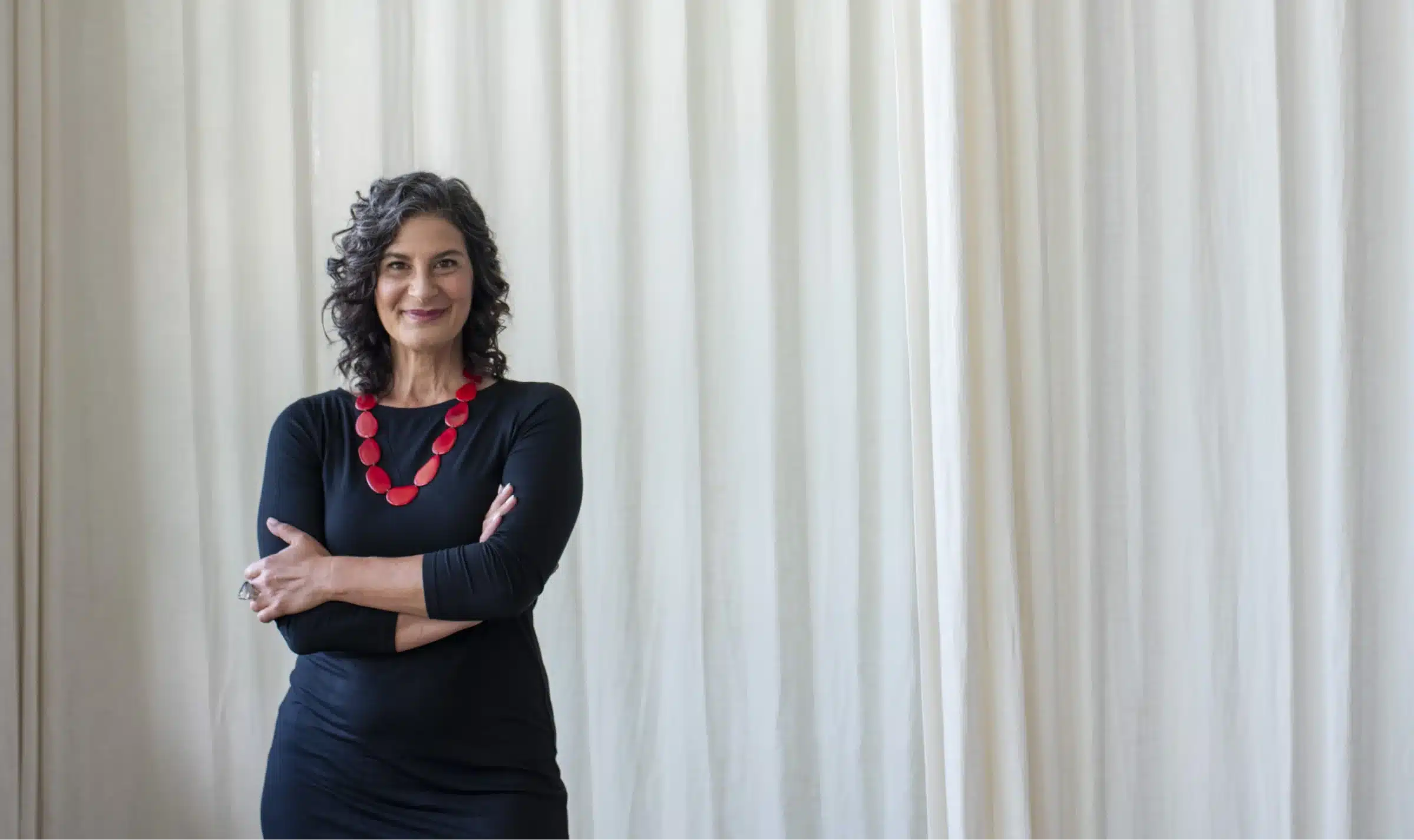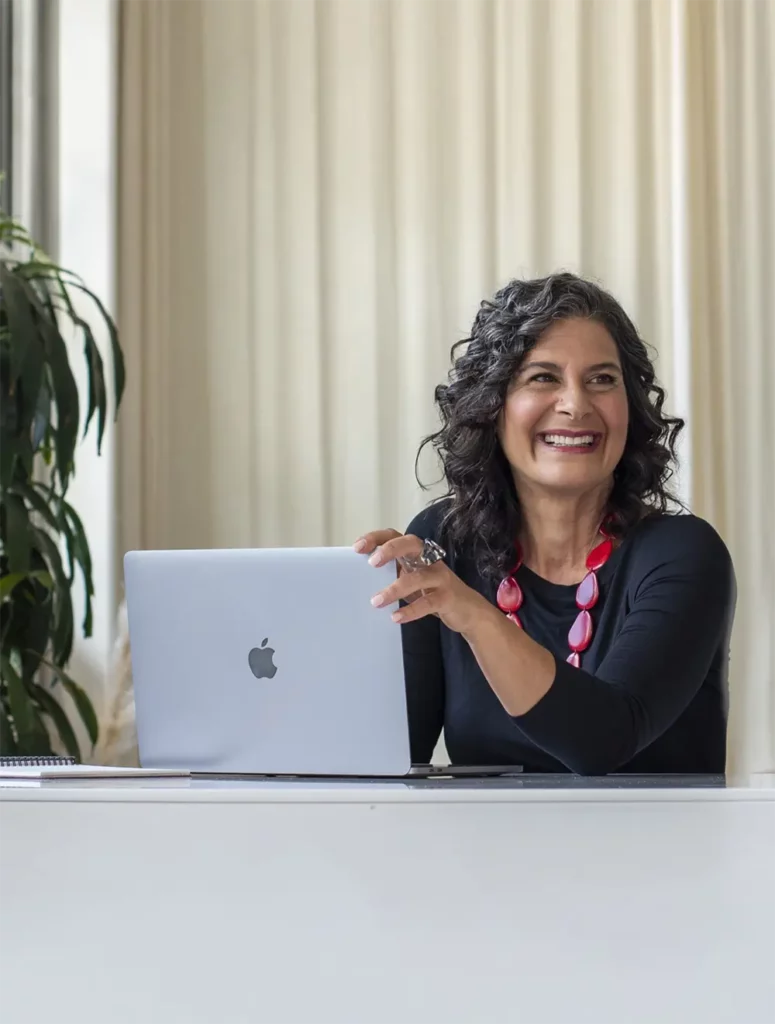Some of us have an underlying commitment to unworthiness. Our identity is actually tied to it, and we believe that we’re fundamentally unworthy. Why would anyone make a commitment to such a thing? Childhood programming, of course. But this particular commitment is often tenacious, because we’re afraid of feeling worthy.
The secret benefit of the commitment is that it keeps us safe. Think about it: If we dare to believe we’re worthy, what if we discover we’re wrong? We’d not only feel terrible, but we’d also be humiliated. Choosing to feel unworthy from the start is a preemptive strike. “If I already know I’m unworthy, the new kid in the school yard can’t hurt me as much when he tells me I’m ugly.”
Even if we don’t have an underlying commitment to unworthiness, we might have a pervasive belief about worth. One of the beliefs I hear a lot is “I’m not enough, and there isn’t enough.” That leads to the underlying commitment to deprive ourselves. If there isn’t enough, and we’re not worthy, that means everyone else gets first dibs. We’re afraid to take our rightful portion.
Women tend to take care of others first, which often leaves little for themselves. Did your mother do that? If she modeled that for you, it’s a big part of your programming.
Take my client Pauline who says, “So much of my self-worth is based on what’s on the ‘outside,’ rather than how I feel on the inside. I tend to let my husband and close friends have their way almost all the time without even thinking about what I want. I realize now that I don’t speak up because I’m afraid of what they’ll think of me.”
With awareness, Pauline can begin to catch herself, correct her behavior, and make a different choice. Whenever she sees herself starting to take “the short end of the stick,” she can stop and say to herself, “No, I’m enough, and there’s enough for everyone. I get just as much as everybody else. I deserve to have first dibs. I deserve to say which movie I’d like to see. I deserve to choose the restaurant.” It can start as simply as that, and then spiral out into more important areas of her life. Of course, we all have to make compromises and allow everyone in a group to have their say and their piece of the pie. But we certainly deserve to give ourselves equal treatment.
This habit of putting others first also comes out in “the chameleon act.” If you’re a people-pleaser type like me, you frequently turn yourself—like a chameleon—into what others want and need you to be. Whether that’s who you are or not. I still sometimes catch myself wanting to do that. It comes out of the fear that who I am isn’t enough, and I’m not worthy of being me.
These days, I’m better able to stop myself from morphing into what somebody else wants. It still takes some effort, but I make it a point to check in with myself to find out what I need, want, feel, and think before I move on to anyone else. This allows me to respond, rather than react, to people and situations. It allows me to be more authentic, and it spares me the resentment I would feel later because I didn’t get what I desired.
Now what about you? Are you ready to admit you ARE enough? Are you ready claim your piece of the pie?








